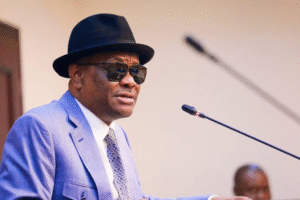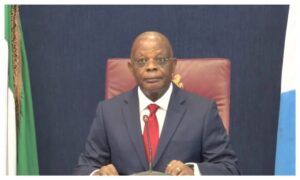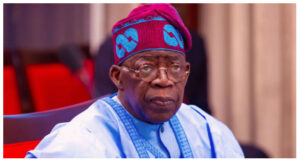President Bola Tinubu’s proposed tax reform bills have sparked intense debate and criticism, especially in Northern Nigeria. Many groups, including the National Economic Council, Northern Governors’ Forum, and Islamic leaders, have voiced strong opposition, calling the reforms an “anti-North agenda.”
The four bills under discussion include:
- Joint Revenue Board of Nigeria (Establishment) Bill, 2024 (SB.583)
- Nigeria Revenue Service (Establishment) Bill, 2024 (SB.584)
- Nigeria Tax Administration Bill, 2024 (SB.585)
- Nigeria Tax Bill, 2024 (SB.586)
These bills aim to reform Nigeria’s tax system and were presented in the Senate by Senate Leader Opeyemi Bamidele. Despite opposition, they passed the second reading and were referred to the Senate Committee on Finance for further review.
Prominent Northern clerics, such as Professor Mansur Ibrahim from Sokoto, have criticized the bills, accusing the government of rushing them through without adequate public input. Speaking during a Friday prayer, Ibrahim said, “These bills are being forced through without proper consultations, debates, or public hearings.”
Ibrahim also highlighted fears of increased tax burdens, especially on essential goods like food, saying, “Even buying a cube of seasoning may attract taxes.” He accused the government of prioritizing Lagos over other states, which he deemed unfair.
The president of the Supreme Council for Shariah in Nigeria, Bashir Umar, revealed that discussions with lawmakers about the bills are ongoing. Umar emphasized the importance of addressing public concerns during the review process.
Some lawmakers, including Senator Babangida Hussaini, assured Nigerians that the bills are still undergoing scrutiny. Hussaini explained that public hearings will allow all stakeholders to voice their concerns. “We will not let anything harm our people,” he said.
Senator Ali Ndume of Borno South has been vocal in opposing the bills, accusing the government of being insensitive to the economic hardships faced by Nigerians. His stance has earned praise from many Northern groups and clerics. However, other groups, like Kano Concerned Citizens, accused Ndume of using the debate to score political points.
In a statement, the group defended Deputy Senate President Barau Jibrin, clarifying that his role was only procedural. They urged the public to remain calm and avoid misinformation, stressing that the bills are still under review.
The tax reform bills have become a focal point for debates on governance, regional equity, and public participation. As discussions continue in the National Assembly, Northern leaders and groups have urged lawmakers to ensure transparency and fairness in addressing the nation’s economic challenges.
By engaging in constructive dialogue, stakeholders hope to shape a tax policy that benefits all Nigerians without worsening existing economic hardships.







